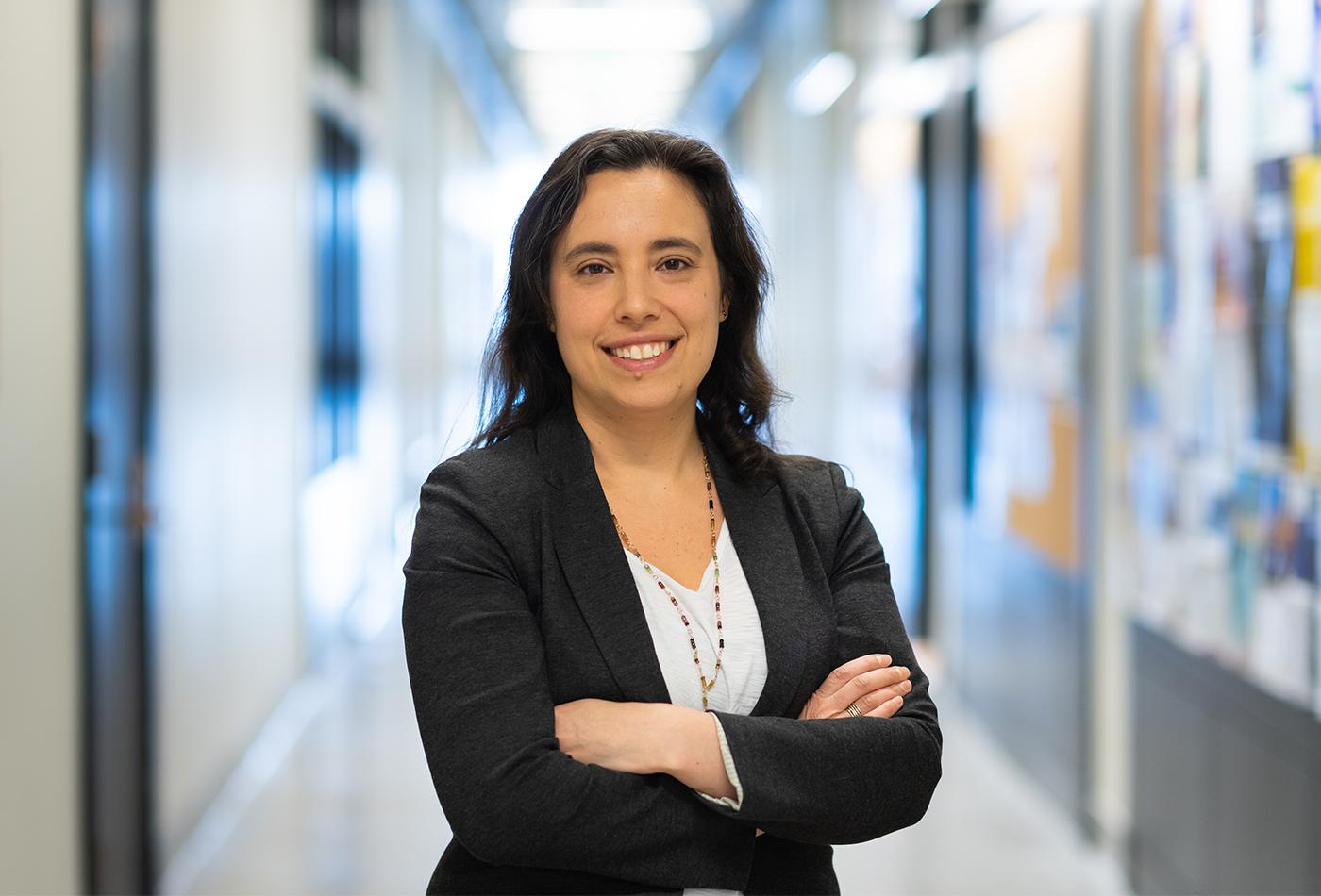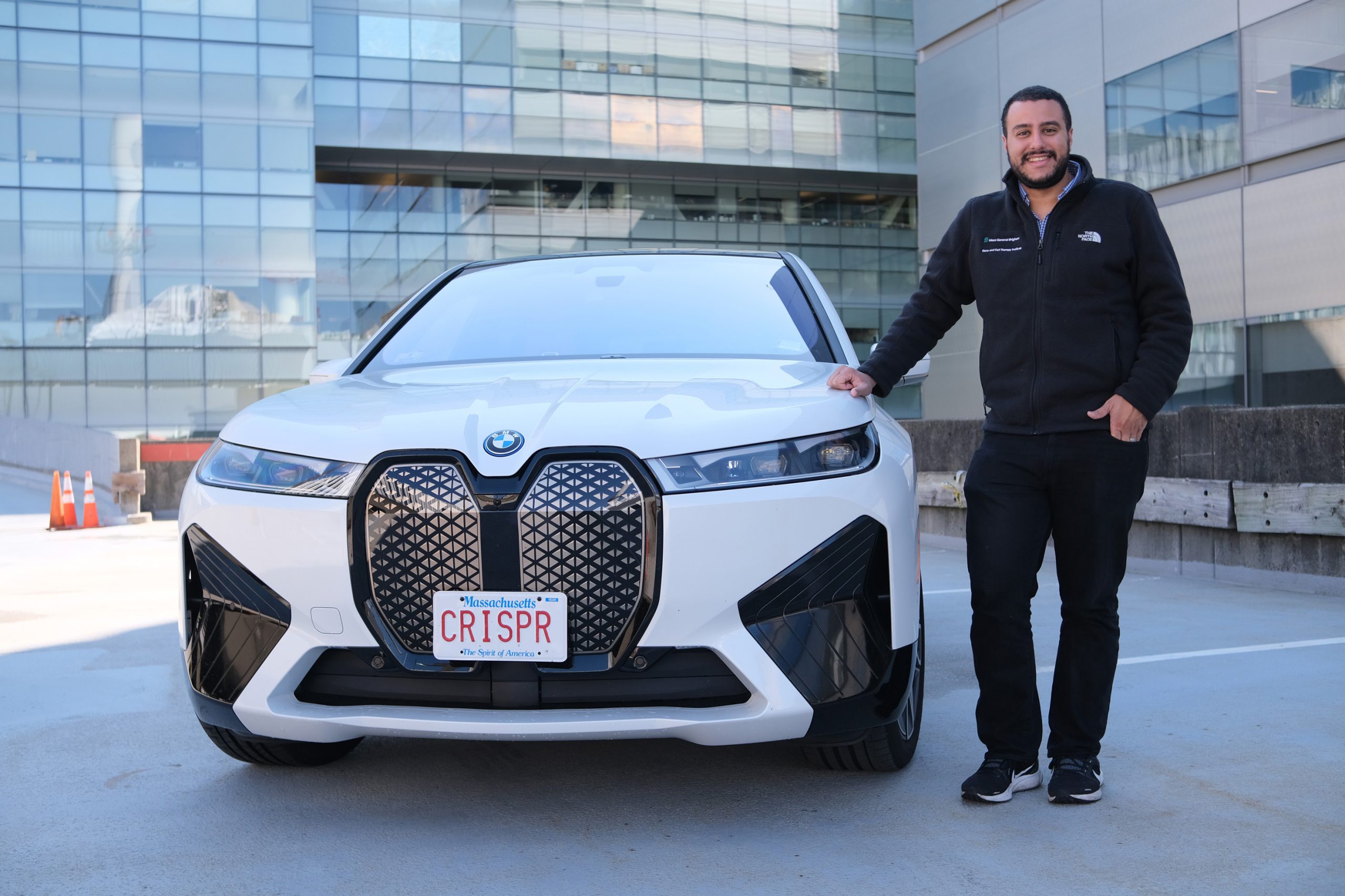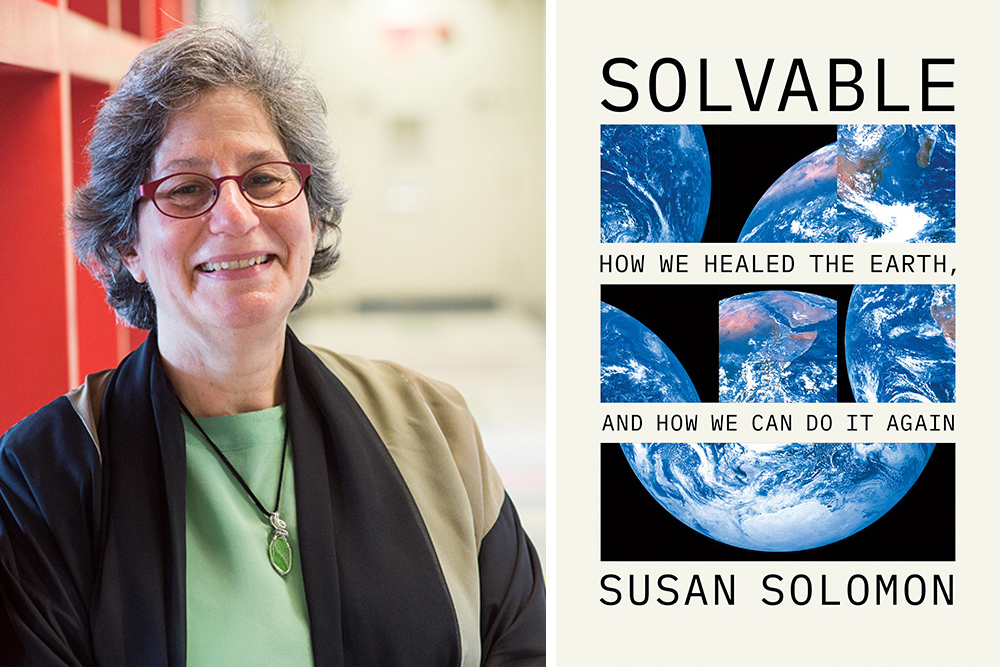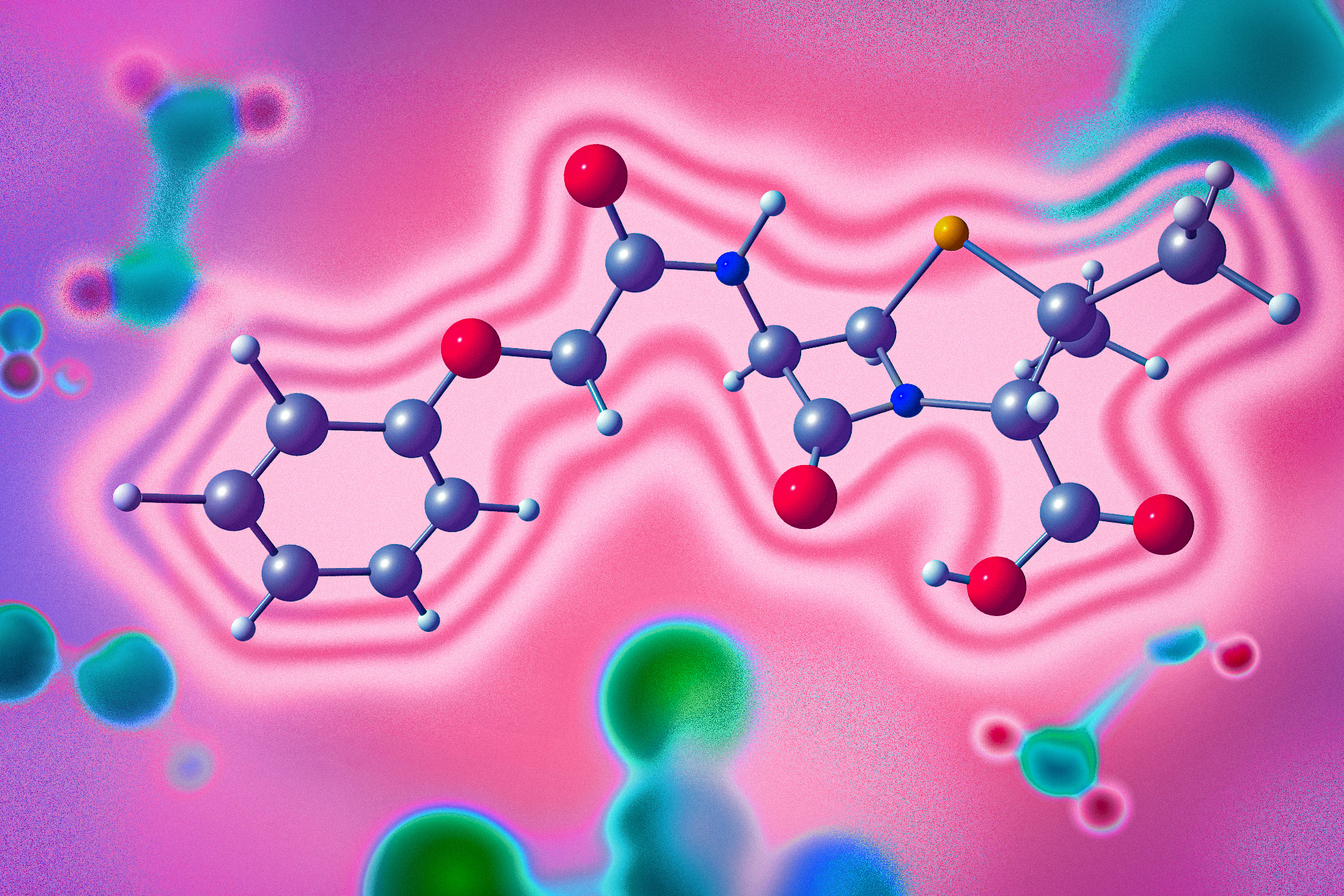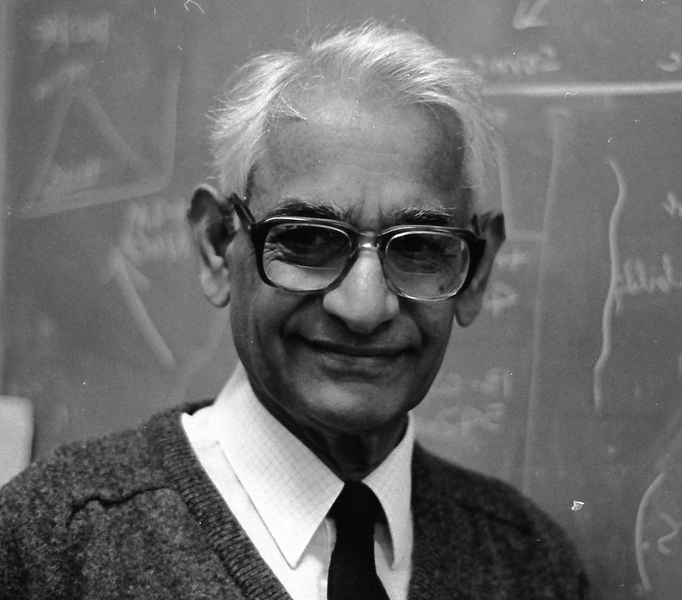Schlau-Cohen receives 2022 ACS Award in Pure Chemistry
This award is given annually to recognize and encourage fundamental research in pure chemistry carried out by young researchers in North America.
Associate Professor Gabriela Schlau-Cohen has been named the winner of the 2022 American Chemistry Society (ACS) Award in Pure Chemistry. Schlau-Cohen will be presented with the award at the ACS Spring meeting in San Diego in March, 2022.
Established in 1981, the ACS Award in Pure Chemistry is given annually in recognition and encouragement of fundamental research in pure chemistry carried out by young researchers. Eligibility is determined by the researcher accomplishing research of unusual merit for an individual on the threshold of their career. Particular consideration is given to independence of thought and originality in the research. The award is sponsored by the Alpha Chi Sigma Fraternity and the Alpha Chi Sigma Educational Foundation.
Following a Postdoctoral Fellowship at Stanford University under Professor W.E. Moerner, Schlau-Cohen joined the Department of Chemistry faculty as an Assistant Professor in 2015. She graduated magna cum laude from Brown University in 2003, earning a bachelor’s degree in chemical physics, and earned a PhD in chemistry at the University of California at Berkeley. Schlau-Cohen’s honors include a Sloan Fellowship, a Beckman Young Investigator award, the Smith Family Award for Excellence in Biomedical Research, and the Camille Dreyfus Teacher-Scholar award.
Research in the Schlau-Cohen group is inherently multidisciplinary; the group combines tools from chemistry, optics, biology, and microscopy to develop new approaches to probe dynamics. They study dynamics in two classes of systems: biological and bio-inspired light-harvesting systems that are of interest to solar energy research and biomass production; and bacterial and mammalian receptor proteins that are targets for human therapeutics. To explore these systems, Schlau-Cohen and her group use ultrafast transient absorption spectroscopy, single-molecule fluorescence spectroscopy, and develop model membrane systems.

